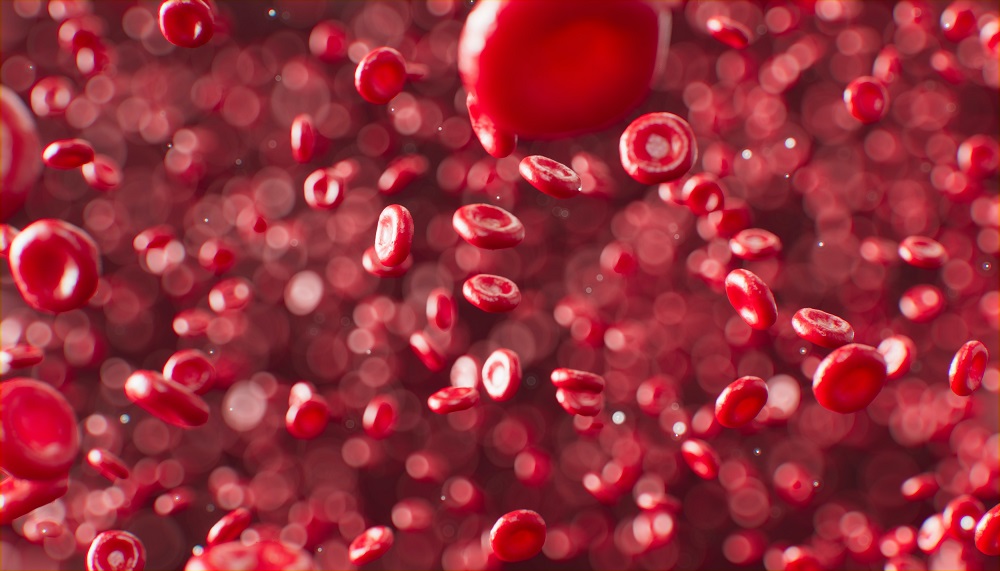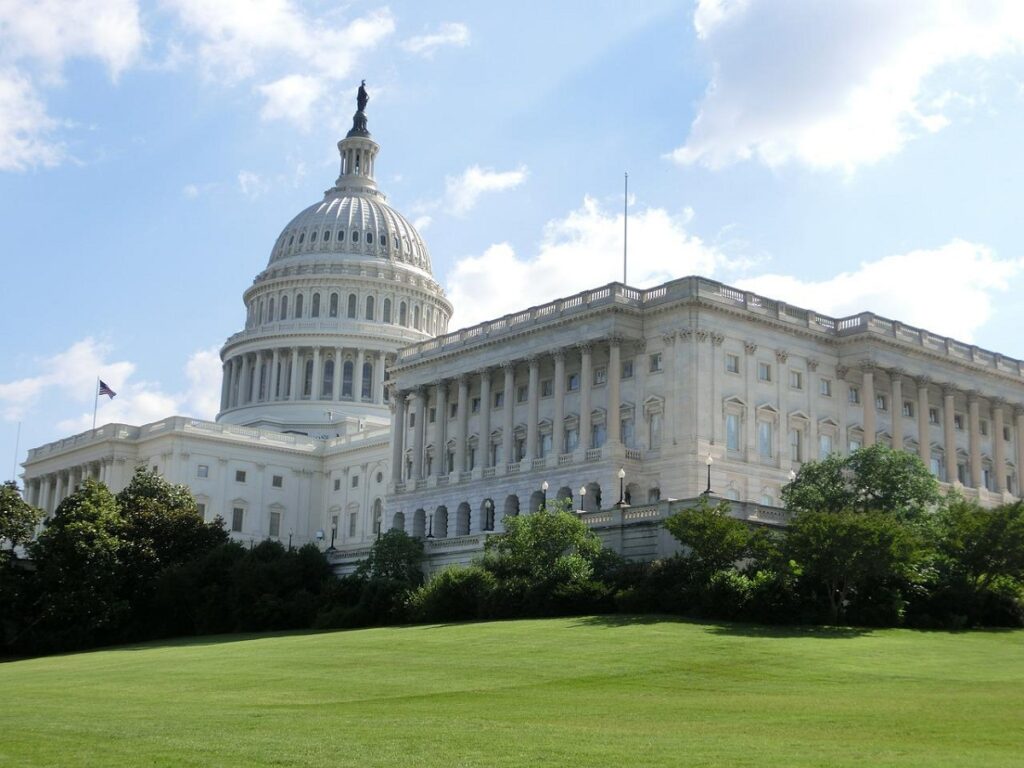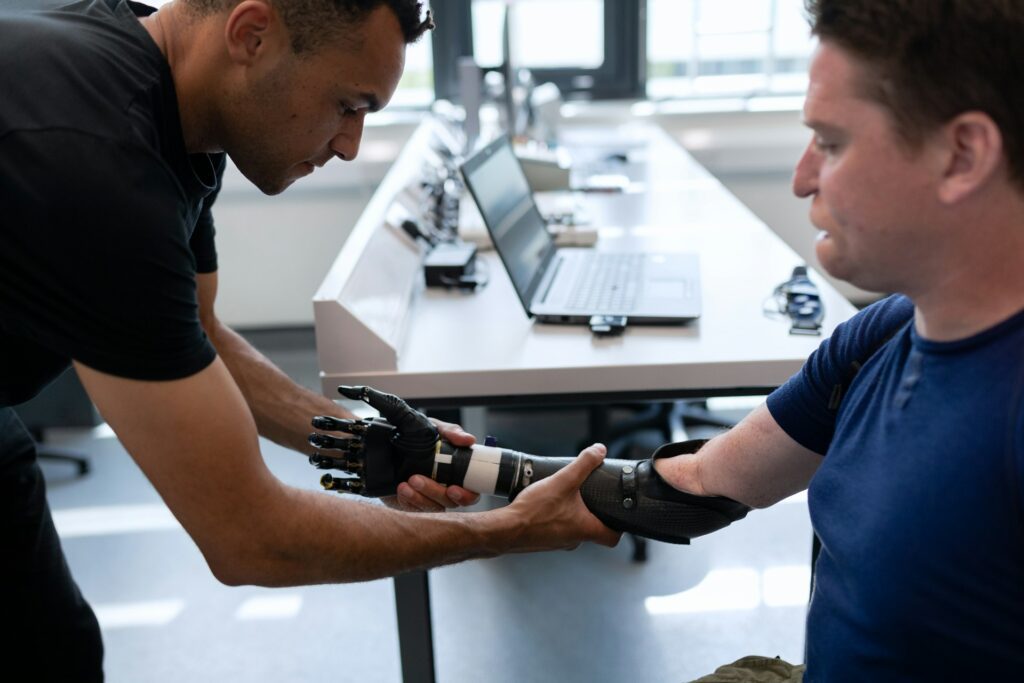The U.S. Food and Drug Administration (FDA) has approved TIBSOVO (ivosidenib) as a treatment for a rare blood cancer, the agency said in an October 24 press release.
TIBSOVO is developed by Servier, a member of the Biotechnology Innovation Organization (BIO). The drug will be used to treat adult patients with relapsed or refractory (R/R) myelodysplastic syndromes (MDS) with an isocitrate dehydrogenase-1 (IDH1) mutation.
Servier’s TIBSOVO previously received approval for the treatment of Acute Myeloid Leukemia (AML), relapsed or refractory AML, and locally advanced or metastatic cholangiocarcinoma.
What is MDS?
MDS is a term used for several malignant diseases where blood cells in the bone marrow fail to mature, resulting in a lack of healthy blood cells. MDS patients have ineffective hematopoiesis, as well as a predisposition to develop AML.
According to the Leukemia and Lymphoma Society, it is estimated that between 60,000 – 170,000 patients in the U.S. have MDS. Among them, 3.6% bear the IDH1 mutation that could lead to AML.
“This approval for TIBSOVO is welcome news for the MDS community,” said Tracey Iraca, Executive Director of the MDS Foundation. “Before today, there were no approved targeted therapies available to relapsed or refractory MDS patients harboring the IDH1 mutation.”
Results from an early-stage trial showed an objective response rate of 83.3% and a complete remission rate of 38.9% in 18 adults with R/R MDS with an IDH1 mutation. The drug is already approved for use in certain adults with AML and cholangiocarcinoma.
“Today’s approval represents an important treatment advancement for rare blood cancers, and more specifically, patients with relapsed or refractory MDS who have an IDH1 mutation,” said Richard Pazdur, M.D., Director of the FDA’s Oncology Center of Excellence and Acting Director of the Office of Oncologic Diseases in the FDA’s Center for Drug Evaluation and Research.
IRA would discourage future rare disease drug development
Currently, incentives for researching novel uses for already-approved drugs in the treatment of rare diseases – like TIBSOVO – are eliminated by the Inflation Reduction Act (IRA).
The 2022 law exempts orphan drugs for rare diseases from government price controls—but only if the drugs are approved for a single indication. This means manufacturers will be disincentivized to test whether a new drug can treat other indications – and the law is already having an impact on R&D and investment.
However, Congress recently introduced the Optimizing Research Progress Hope and New Cures (ORPHAN Cures Act), which would bring back these incentives. The bill was introduced in the U.S. House on September 18, followed by the U.S. Senate on October 26.
“Servier is proud to lead the way in mutant IDH inhibition through continued innovations that support patients living with difficult and hard-to-treat cancers,” said Arjun Prasad, Head of Commercial at Servier.. “FDA approval for TIBSOVO reinforces our commitment to deliver significant advances in areas of high unmet need.”




